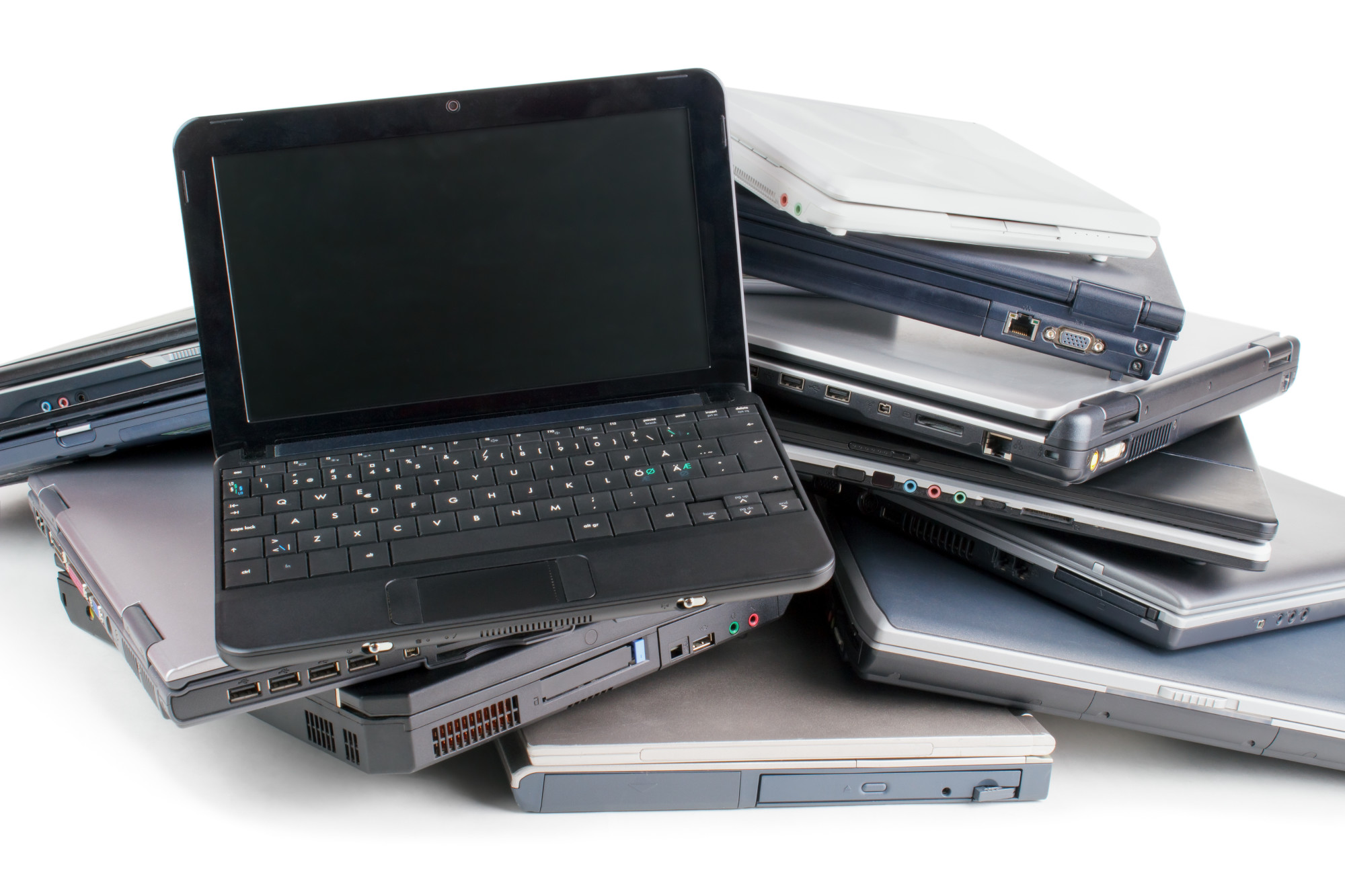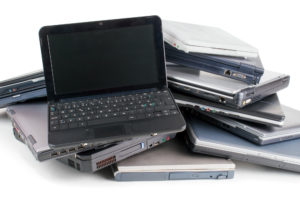
Everything You Need to Know Before Buying a Used Laptop

Would you willingly set hundreds of dollars on fire?
Of course, the answer is “no.” But if you buy a used laptop that is in terrible condition, then you could have just saved time and burned the money instead of giving it to a scam seller.
However, if you know what to look for, you can get a used laptop that is high in quality and low in price. Wondering how to get more for less?
Keep reading to learn the answer!
Look for the Guarantee
Most used laptop transactions start online. People browse listings in areas such as Craigslist, Facebook Marketplace, and through online vendors such as eBay, Amazon, and Newegg.
Buying online is a great way to save money. However, you must be wary of various online scams that unsavory sellers may be running.
On eBay, sellers sometimes have little info about the product and shows lots of pictures of the box. And when you “buy it now,” you may end up getting just the box!
It’s possible the eBay Moneyback Guarantee will protect you, but only if they determine the seller deliberately misrepresented their product.
On eBay and local sites like Craigslist and Facebook Marketplace, a seriously low price may be a big warning sign. If something is hundreds of dollars cheaper than it should actually be, it may be that this product isn’t what you think it is.
Speaking of eBay, one big warning sign may be hidden in their “positive” feedback. If all of their feedback comes from small items and they have never sold major electronics, this may be a scam waiting to happen, and the positive feedback was there to lull you into a false sense of security.
Always be wary of someone who wants you to pay outside of the platform. If, say, an eBay seller wants you to send them money outside of eBay, you need to report the seller. This is because they may be trying to circumvent the protections and guarantees you get through eBay itself.
Complete Your “Wish List” of Features
The real rookie mistake most people make when shopping for a laptop is not knowing what their needs are. And when this happens, they end up getting too much (or too little) computer.
Let’s say that you’re a freelance writer. You just need a simple laptop for writing and researching, so you don’t want to end up buying a beefy gaming laptop.
Or maybe you’re getting into video editing. In that case, that more expensive Macbook might actually be worth it.
Try to create a “wish list” of what features you need from a computer as well as the ideal specs and software. That way, you have a better chance of getting exactly what you need.
This also ties into the price. You should know what a new version of such a laptop costs so you can tell whether or not you are getting a good deal. You should also see what other vendors are selling used versions of this laptop for to make sure you aren’t getting scammed by the seller.
Inspecting the Merch
One of the biggest benefits of buying from a local seller is that it gives you a chance to inspect the merchandise. You can verify firsthand if anything major is malfunctioning.
First, make sure that all the keys are working, none are sticking, and so on. And make sure the monitor doesn’t have any stuck pixels or other signs of potentially serious damage.
Second, check to make sure the computer can connect to wi-fi. Otherwise, you may need to replace the wireless card right away.
Third, have a friend with you to check on anything that you missed. This also provides a layer of safety when you are meeting with a stranger that you met online.
That’s also why we recommend meeting in a highly public place and never going to the seller’s home. This helps provide additional safety, especially while you are taking the time to inspect the hardware.
Port Check
It’s very important to check the USB ports of a used laptop. If they don’t work, you won’t be able to take advantage of things like jump drives and external hard drives.
The easiest way to check the USB ports is to bring your own jump drive. You can then take your time inserting the drive into each port and making sure the computer detects the device.
If the seller has USB peripherals plugged in, you can similarly eject and re-insert the peripherals and make sure the device can read them.
That’s actually the primary reason to do a port check in the first place: because most PC peripherals now use USB.
See the Software
We like to buy used technology in order to save money. But those savings don’t matter if we end up pouring it all back into the software we need.
As part of your laptop inspection, you need to check the software. Start out by verifying it has all of the programs the seller claimed it had.
Next, open each one of the programs. If a program is a trial version or expired, you should get a notification once you try to open the app.
If you’re worried about pirate software, you can verify its digital signature. Find the file in Windows Explorer, open the properties, and check for signature verification.
Finally, it would be good to scan the computer with Malwarebytes or another anti-malware program. This can check for Trojan Horse programs and other dangerous malware on the laptop.
Buying a Used Laptop: The Bottom Line
Now you know how to buy a used laptop. But do you know what your next purchase should be?
We keep everyone in the loop about all things tech. To celebrate your laptop purchase, check out our list of the hottest laptop gadgets and accessories!
